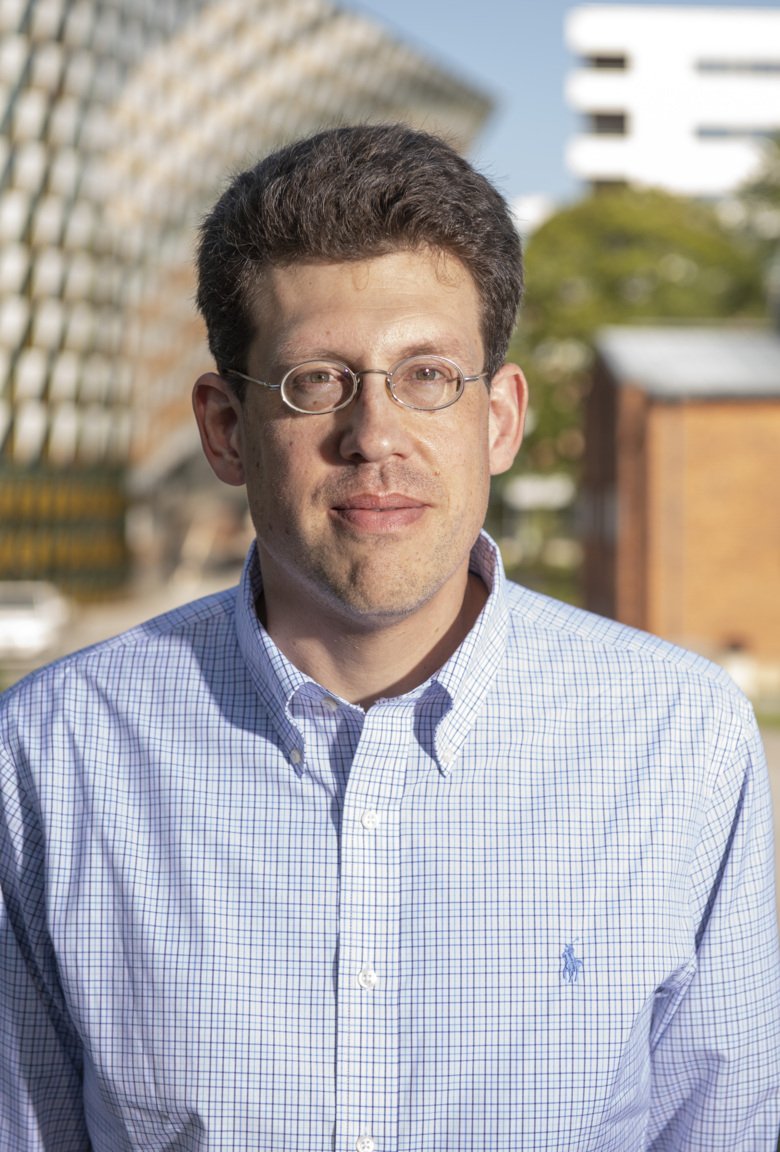The role of cholesterol in cardiovascular disease
Uwe Tietge researches the function of cholesterol in the body. His aim is to map basic mechanisms of metabolism’s molecular regulation and to identify novel targets for innovative cardio- vascular disease treatments.

What are you researching?
“I am mainly researching cholesterol – a type of fat that has a strong link to cardiovascular disease. Cholesterol comes in various forms and can be harmful or protective, depending on its composition; we are trying to understand why this is so. We are primarily studying what is common- ly referred to as ‘good cholesterol’, or HDL, and how it functions. Cardio- vascular disease is the most common cause of death in the world, and knowing why HDL has a protective effect can conceivably lead to better treatments. We are also increasingly researching how the body’s bacterial ecosystems, its microbiota, are connected to cholesterol and health in a broader context.”
How are you researching this topic?
“We alternate between human cohorts, mouse models, and cell culture – once we have made an observation and formulated a hypothesis in one system, we test it in another. When studying HDL function in cohorts, we have the capacity to process quite large numbers – our biggest HDL function study to date involved 1600 samples. Not many other groups in the world conduct comparable research on that scale. In terms of microbiota, we have worked intensively with bacteria-free mice, which are very useful when studying individual bacteria species or the entire microbiota.”
What are your most important discoveries?
“We have demonstrated that something called reverse cholesterol transport exists as a pathway and is critically dependant on excretion of cholesterol into the bile. This had been assumed to occur since the 1960s, but we were the first to experimentally verify the path cholesterol takes in this process. Another finding, which I believe will affect the perception of cholesterol and health, is that young mice’s exposure to high versus low cholesterol in breast milk has a long-term effect on intestinal cholesterol processing.”
Text: Anders Nilsson, in translation from Swedish
First published in From Cell to Society 2019
About Uwe Tietge
Professor of Clinical Chemistry at the Department of Laboratory Medicine
Uwe Tietge was born in Munich in 1968 and studied at the Hannover Medical School, Germany, where he received a medical degree in 1994. He trained in internal medicine from 1994 to 1997 and received his doctorate in 1996. Between 1997 and 2000 he worked as a postdoctoral researcher at the University of Pennsylvania, USA. From 2001 through 2004, Tietge worked at the Charité in Berlin, Germany, and from 2004 to 2019 as an associate professor at the University Medical Centre Groningen, Netherlands.
In connection with his move to KI, Tietge will also work as a clinical biochemist at Karolinska University Hospital. Uwe Tietge was appointed Professor of Clinical Chemistry at Karolinska Institutet on 1 November 2018.
